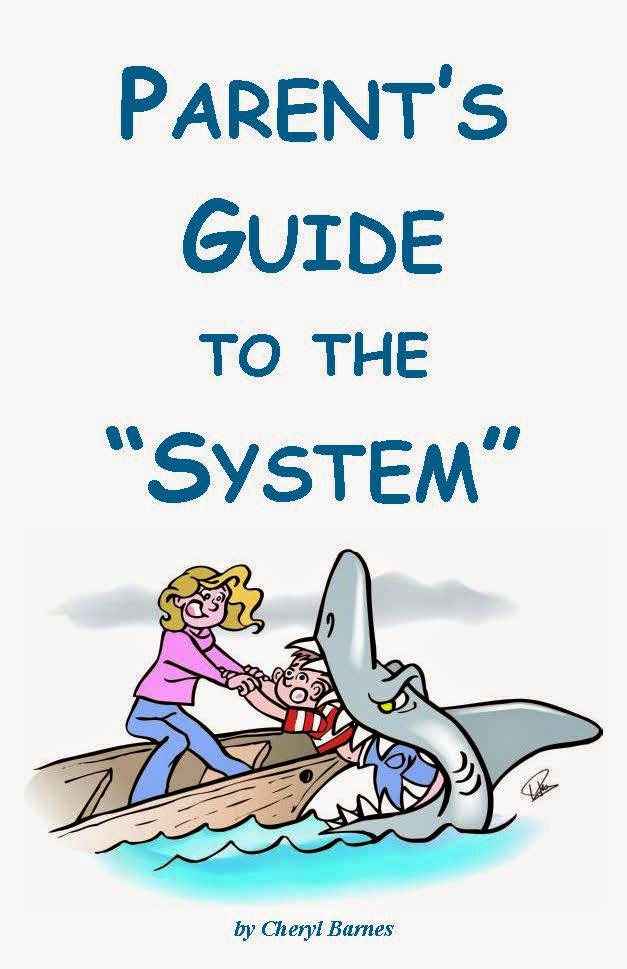- Check out this post By On February 23, 2014 · Leave a Comment
- Visit Linda's website FightCPS to learn more about what you can do to defend your self and be that "One Small Voice" to hopefully protect yourself and Your Precious Family.
This is by no means an easy task to do, but your efforts in
doing your homework is vital.
~~~~~~~~~~~~~~~~~~~~~~ doing your homework is vital.
Post shown below & Direct link to post>> http://fightcps.com/2014/02/23/write-the-system-tell-the-your-story-about-the-foster-care-system/
~~~~~~~~~~~~~~~~~~
When research is done to assess what does and does not work in child welfare, families whose children were placed in foster care often do not get a voice. … This is a guest post by:
Nicole Greer, academic researcher, “The Fostered Voices”.
 When was the last time someone asked you how the system was doing?
When was the last time someone asked you how the system was doing? - Has anyone ever asked you if you were dealt with fairly by the system?
- Did you feel heard?
- A new study is looking at all sides of the story and needs to include your voice.
I am a third party researcher with no prior ties to the foster care system or CPS.
The multi-sited project has two overarching research methods.
- The first one is the website collecting these stories.
- The other is an ethnographic study where I do one-on-one interviews and learn from people who have had first-hand experience with child welfare from many different perspectives.
One example of these policies is the timelines that dictate how long families have to convince a judge they are fit parents.
You may have shared your frustrated story on a website before, but that story probably was not included in a project designed to help your story get heard.
Young people who were in foster care, foster parents, and professionals like judges, lawyers and social workers, are already telling their stories. We need to hear about your experiences with the police, CPS workers, child advocates, lawyers, judges, foster parents, other family members, and your kids.
You can share as little or as much as you like, but the more you share, the greater the impact can be.
Your story is completely confidential. The names are changed and dates and places removed to keep you and your family protected. You can also read other people’s stories on the website under the “Stories” link.
The goal is to collect enough stories to reveal what day-to-day life means for someone interacting with the system.
If we can better understand how these policies impact everyone involved, we can write better policies that improve the processes of investigations, court proceedings, and foster care for our children.
To participate in the study, all you need to do is go to the study website: www.MyFosterCareStory.com and scroll down to the people icons.
- Click on the second icon for “Kin, Family & Friends.”
- Take a few minutes and reflect on your experiences.
Researcher, Editor, Publisher




